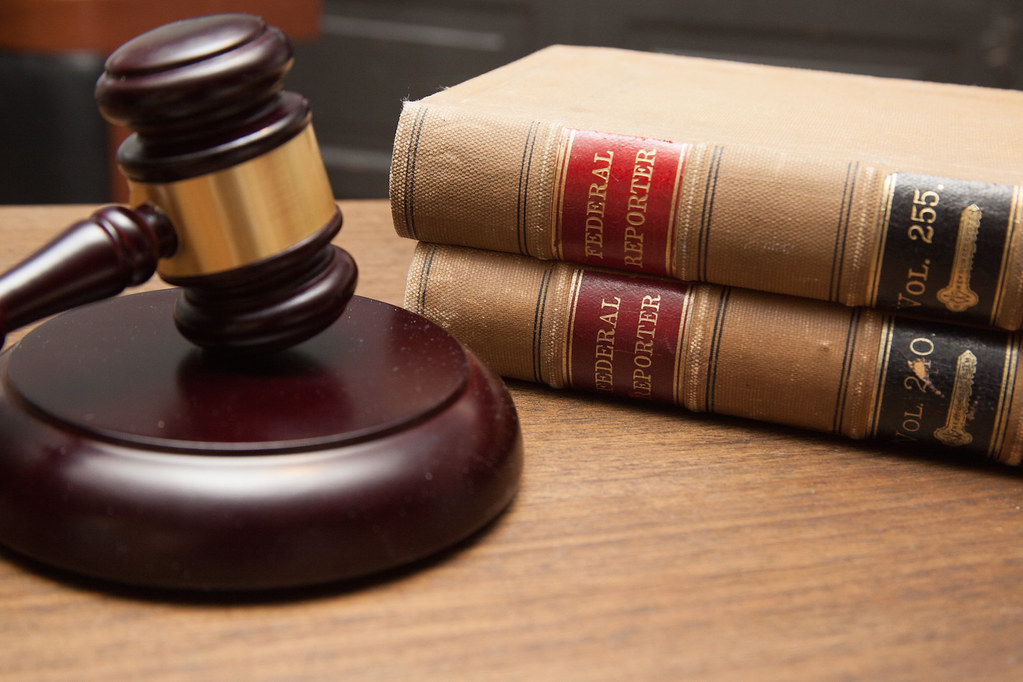Gabrielle Miller

One of the hallmarks of the legal field is the glamorized arguments between two lawyers in a courtroom. The cornerstone of this concept is one that drives the entire legal discipline: rhetoric. The rhetoric of law “examines the words used in legal institutions and proceedings and explores both the literary aspect of legal life and the role of rhetoric in shaping the life of the law” (Sarat and Kearns). There is a persuasive art form in legal argumentation and proceedings that stems from the study of rhetoric and its ancient beginnings. Every word that a lawyer uses is important, and the function of words in each statement can determine the fate of the case. Legal studies and rhetoric go hand-in-hand with one another, being that a law student or lawyer needs to understand rhetoric well so that they can write and speak in a way that will give them leverage while making their case. Regarding the importance of rhetorical theory in legal education, Georgetown law professor Kristin Robbins-Tiscione writes, “The legal writing professor’s task is to impart to her students the intellectual ballast necessary to navigate complex analytical challenges in the workplace” (319). In law school, there is a heavy emphasis on textual analysis and writing according to the law, but there is little to no curriculum that teaches theory. Essentially, the law student needs to understand how to address her targeted audience to help her win her case. Whether that be including more narrative than facts in proceedings or vice versa, she must employ rhetorical devices in her research. Knowing how to read and analyze the law alone will not help a lawyer to “navigate complex analytical challenges” the way a knowledge of rhetoric will.
The legal field began in ancient Greece when scholars and orators would perform speeches in front of audiences, using fundamental rhetorical devices—logos, ethos, and pathos—to persuade the audience, one way or another. The art of oratory was commonly used during legal disputes so that one party could achieve the outcome they desired. Contemporarily, the judiciary uses rhetoric as a layer of academic study to help shape critical thinking and argumentative skills. In any academic or professional study, there are fundamentals that helped to develop the discipline into what it has become. In the study of law, those fundamentals are rooted in rhetoric and build on in it. According to Robbins-Tiscione, “By combining rhetorical theory and practice in the legal writing classroom, the professor can pique students’ interest, hasten their learning, and help them develop transferable skills better than teaching by imitation alone. In addition, teaching the rhetorical nature of law in a legal writing course helps students debunk sooner the myth of ‘black letter law’ in their doctrinal courses” (319). Rhetorical studies aids law students in interpreting the law both as it is written and as it is understood. Additionally, the lawyer would be able to verbally convey their point in a courtroom in a more efficient and meaningful way, given the ancient rhetorical methods that can be practiced today.
Sources
- Robbins-Tiscione, Kristen Konrad. “A Call To Combine Rhetorical Theory and Practice in the Legal Writing Classroom.” Washburn Law Journal, vol. 50, pp. 319–39.
- Sarat, Austin, and Thomas R. Kearns, editors. The Rhetoric of Law. University of Michigan Press, 1996.
